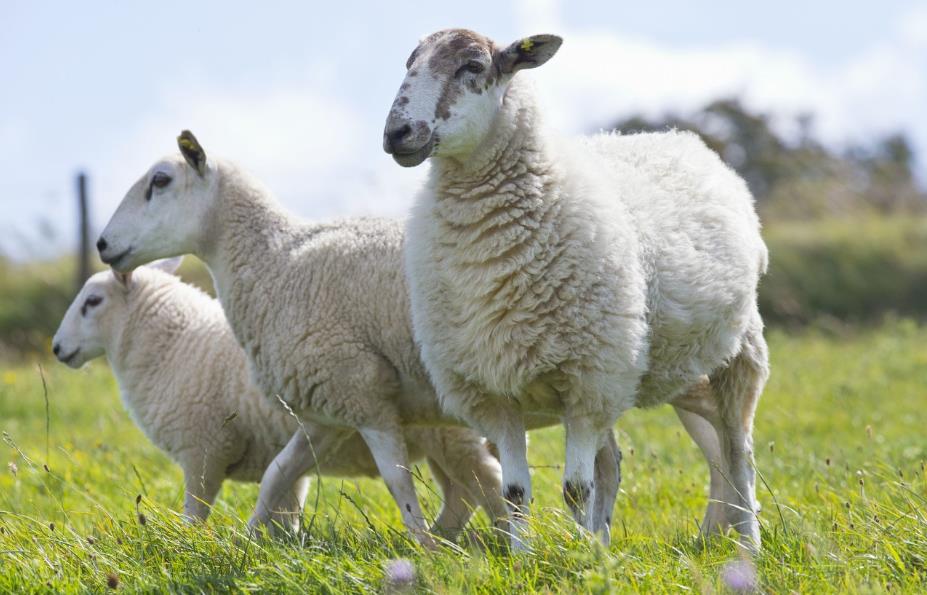
- Online pavilions:
- Veterinary medicines
- Veterinary raw materials
- Other
- Asia
- America
- medical instruments

News briefing: Cattle and sheep
1.check the health status of cattle and sheep before deworming, and treat them separately: the seriously ill cattle and sheep will be marked, suspend deworming, and isolation, deworming after recovery. Avoid reducing stress while treating other diseases in cattle and sheep, while avoiding interactions between unidentified drugs. It is important to remind some farms/households to carry out deworming regardless of the health status of cattle and sheep, which not only causes the expansion of health problems, but also has unsatisfactory deworming effect.
2. Centralized treatment of excrement during deworming: Heat is generated by piling up, eggs are removed, and the probability of reinfection is reduced, The secondary infection is closely related.
3. Do not cross-use of manure during deworming: The aim is to avoid cross-contamination of different enclosures with parasitic eggs, causing infection. Special attention is paid to the fact that dewormed cattle and sheep breeding area production tools can not be used within the area of non-dewormed cattle and sheep breeding, much less in feed stacking areas.
4. Baoding cattle and sheep in place, injection in place: subcutaneous injection into the muscle injection, resulting in unsatisfactory insect repellent effect. Baoding is the basic operation before the injection, the operation is not good, there will be injection leak, injection bleeding needle, injection ineffective. Baoding Cattle and sheep need to be prepared in advance, such as roping, nose pliers and other Baoding tools, the cattle and sheep do not cooperate with the post-Baoding deworming, and can be prepared with an opaque black cloth, which can be used to cover the eyes and ears of cattle and sheep to reduce excessive behavior;
5. The choice of deworming drugs/programmes should be targeted and broad-based: choose a combination of deworming programmes with a wide range of deworming effects, do not use a single drug for deworming, and do not use a single drug for deworming internal and external parasites on a large scale, and prone to drug resistance.
6. deworming Good arrangements in the afternoon or evening: Because most cattle and sheep in the next day will be expelled from the body, facilitate the collection and processing of faeces. During the course of deworming, the feces is not handled properly, and the egg body spreads everywhere, which is easy to cause secondary infection.
7.Non-deworming of cattle and sheep during and one hour after feeding: avoid affecting normal feeding and digestion; after feeding, cattle and sheep are full and avoid mechanical stress and injury in Baoding.
8. The medication method is not correct, the hypodermic injection is not in place: should hypodermic injection of drugs into the muscle or skin, the effect is very poor, the correct hypodermic injection of cattle can choose on both sides of the neck; Sheep may be injected subcutaneously on the side of the neck, dorsal ventral side, behind the Elbow or medial thigh. The needle is inserted into two-thirds of the needle at an angle of 30-40 degrees from the dimple at the base of the fold and into the skin. The depth of the needle is adjusted according to the size of the animal.
9. This is a relatively common factor that affects the effect of deworming. Many cattle and sheep farms hire people for injections, or they are too flustered. In case of bleeding, leaking or other injections, they need to be made up, make up the amount of liquid medicine leakage volume, but must be made up in time, can not be forgotten.
10. Set deworming procedures, regular deworming: According to the situation of the farm and local parasite infection design deworming procedures, in accordance with the established procedures for regular deworming, and good deworming records, easy to consult, conducive to the control of parasites;